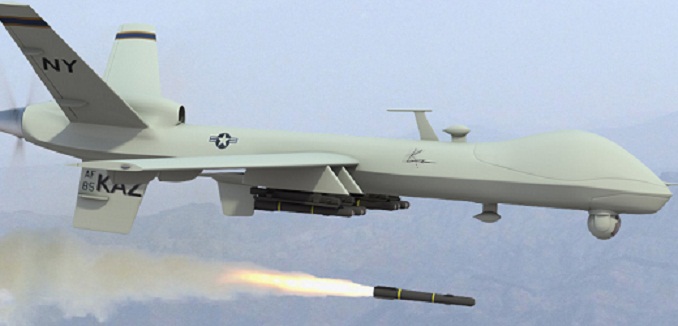Turkish media outlets are reporting that Washington canceled the delivery of 10 unmanned aerial vehicles (UAVs) to Turkey after Ankara deliberately burned 10 Iranian spies operating inside Iran on behalf of the Israeli Mossad.
The Predators are important for Turkey to maintain its fight against terrorism. In previous years the US press also covered the necessity of Predators for Turkey. In September of last year The Washington Post stated that US unmanned aircraft have swiftly become the leading tactical weapons against terrorist groups around the world.
The move – which is being described by Israeli observers as “the basest act of betrayal imaginable” and by U.S. intelligence officials as a staggering loss – was reportedly carried out by Turkish spy chief Hakan Fidan with the knowledge and support of Turkish prime minister Recep Tayyip Erdogan. If confirmed, the UAV cancellation would provide another data point indicating that global intelligence agencies were scaling back cooperation with Turkey in general, and with Turkey’s intelligence agency (MIT) in particular. Foundation for Defense of Democracies Senior Fellow Reuel Marc Gerecht explained to USA Today that the incident would be taken as a signal that Ankara could not be trusted with intelligence information.
Such an incident by Turkey, a 60-year NATO ally of the United States, would be a betrayal of a Western fraternity of spies, he said…”If anything is going on with the Turks that you don’t want the Iranians to know about, it should be stopped,” he said.
The Post’s revelation comes amid another intelligence-based controversy, this one generated by Ankara’s decision to purchase Chinese missile assets. The missile batteries would need to be integrated into Turkey’s current infrastructure, functionally introducing what one official described as a Chinese “virus” into NATO’s command and control systems.
[Photo: KAZVorpal / Flickr]




